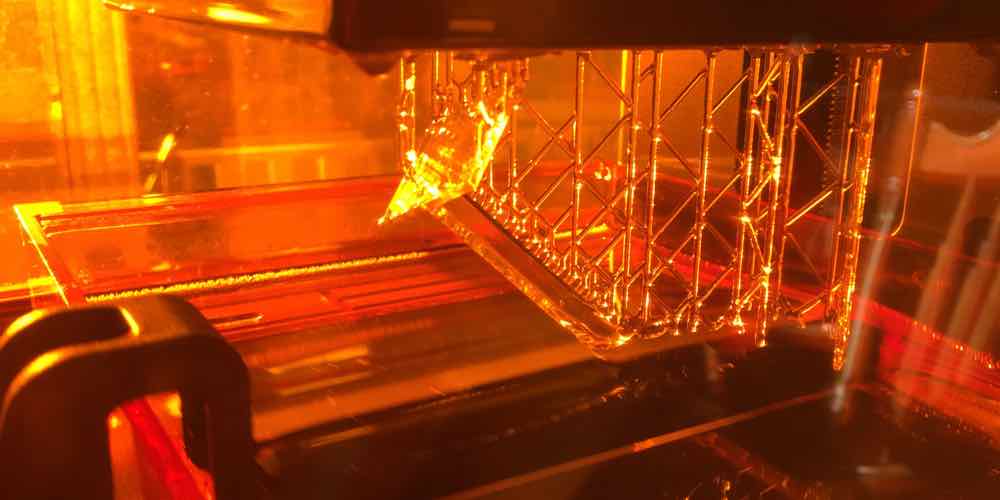This past week’s puzzle, as previously posted:
Christian Goldbach (1690 – 1764) was a German mathematician famous for his eponymous Conjecture. Goldbach’s Conjecture is one of the most infamous problems in mathematics, and states that every even integer number greater than 2 can be expressed as the sum of two prime numbers. For example, 4=2+2, 6=3+3, and 8=3+5. While there have not been any counter-examples found up through 4 x 1018(as of 2012), the conjecture has not yet been formally proven.
One of Goldbach’s earlier conjectures was that every odd composite integer could be expressed as twice a perfect square plus a prime. For example, 9 = 2(12)+7, and 15 = 2(22)+7. This week’s GeekDad Puzzle of the Week is simple: what are the two smallest counter-examples that disprove this conjecture?
As it turns out, there have only ever been two counter-examples found, and they are the answer to this week’s puzzle: 5,777 and 5,993 are the only odd composite numbers (5,777 = 53*109; 5,993 = 13*461) that cannot be expressed as 2(n2)+p where n is a positive integer and p is a prime.
Congratulations to Adam Weeden for submitting this as a correct answer, and for surviving the random drawing to be the proud owner of this week’s $50 ThinkGeek gift certificate.
The fact that only two counter-examples have ever been found did not, however, stop people from submitting a third answer! While most were due to a prime shortage (i.e., didn’t look at a large enough set of primes) there were a few that had interesting definitions of “odd, composite numbers.”
In any case, thanks to everyone that submitted an answer. For your upcoming holiday purchases, please feel free to use the checkout code GEEKDAD22DC for $10 off a ThinkGeek purchase of $50 or more.
Have you tried Garth’s maze yet?


